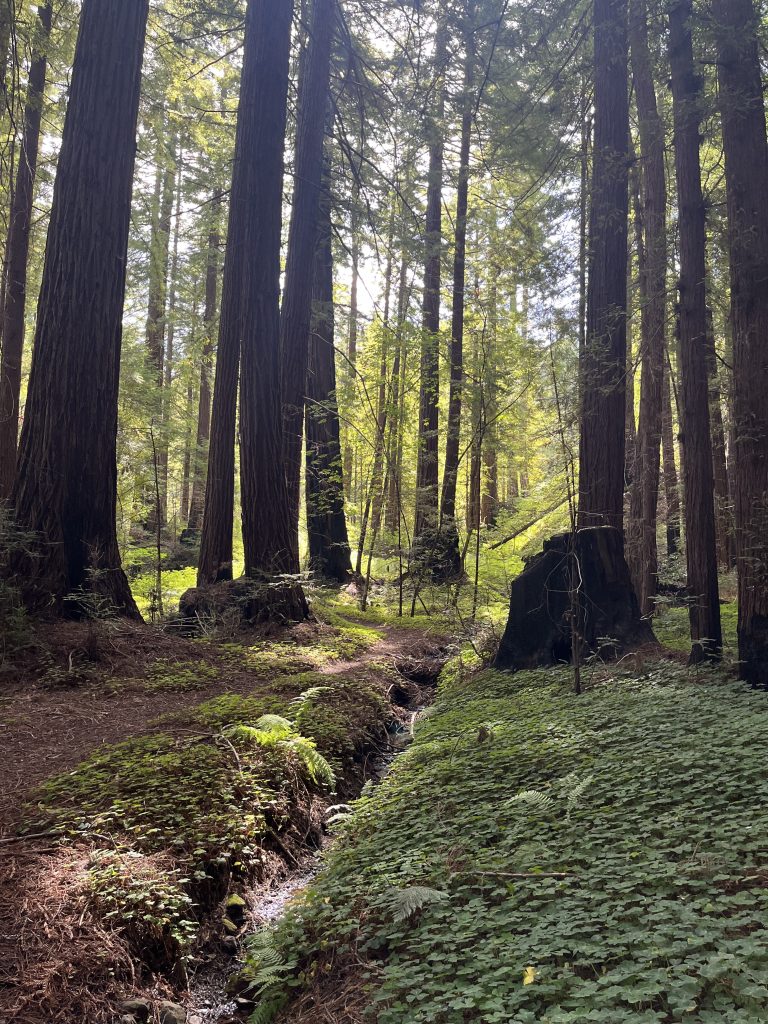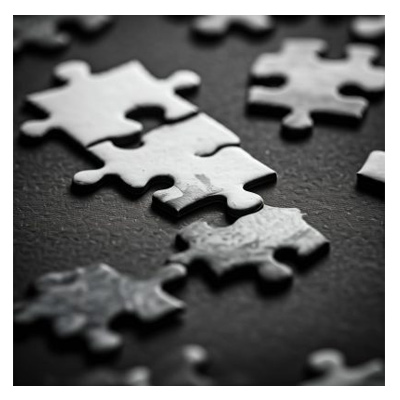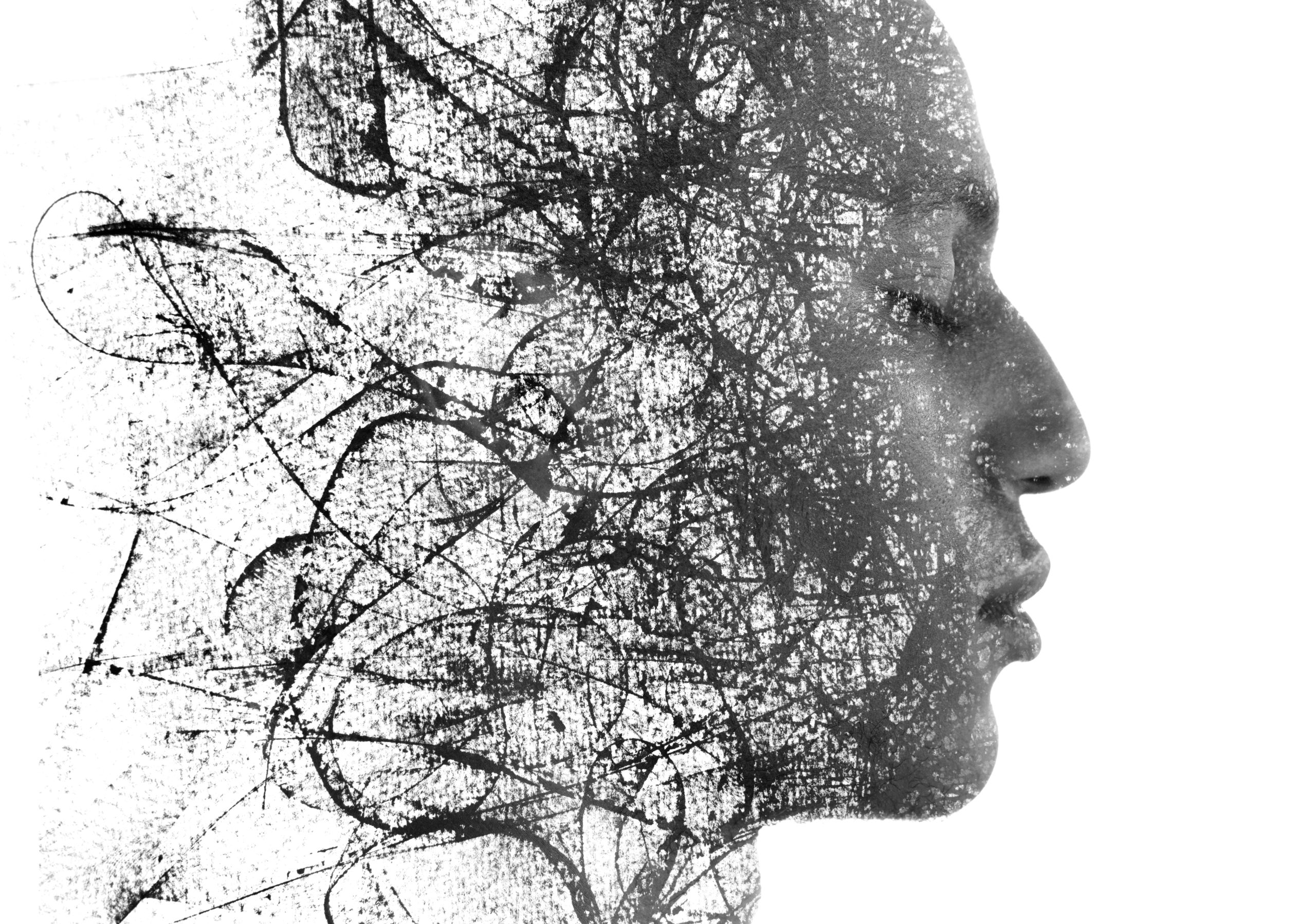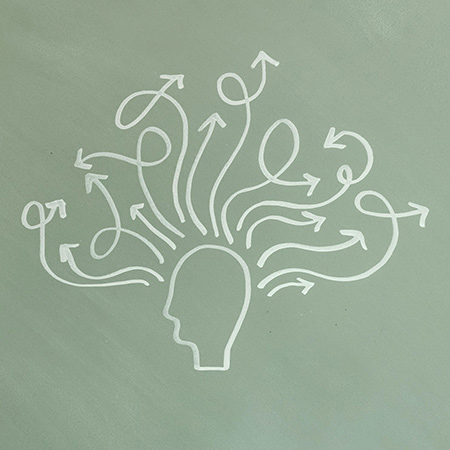
Nature even likes to draw the line!
These days, we hear the word “boundary” thrown around a lot. One might say “I set a boundary with my partner the other day and told her she needs to stop calling me so much”, or “I set a boundary and told them to not talk to me like that”. While these examples might feel good to say in the moment, they aren’t actually boundaries, because they aren’t focused on the right subject: you.
For a long time, I believed that a boundary was something I told someone else not to do. It felt empowering! It felt so good! Unfortunately, when I smugly talked with my therapist about the boundaries I had been setting, she gently but firmly informed me that what I was doing was not boundary setting, but trying to control another person’s behavior.
As I learned more about boundaries, I came to realize that the only person I can control is myself, my own actions. I can’t tell someone else to not do something, to treat me in a certain way, but what I can do is remove myself from situations in order to protect myself. I can say “I feel disrespected when the conversation takes that tone. If it continues, I will need to step away to maintain my emotional well-being”, or “I’ve been feeling overwhelmed with the number of calls during the day. I need some quiet time and will only be available to talk after 6pm.”
Once I learned more about setting proper boundaries, focused on my own needs, limits, and actions, I started to feel like a bit of a superstar. When I noticed feelings of hurt, resentment, irritation, anxiety, or some other challenging emotion towards someone in my life, I would explore my needs and set limits. I felt confident in my ability to vocalize my feelings, to figure out what was going on and take steps to protect my well-being.
But life likes to throw little curveballs, doesn’t it? There is something that gets in the way of proper boundary setting: dysregulation. I have begun to notice that when I feel overwhelmed or emotionally flooded, my thinking patterns tend to become very black and white, all or nothing. I feel the urge to do something drastic, and so I have the tendency to set very rigid boundaries in order to feel some semblance of power when things feel out of control.
This happened to me quite recently. I had just come back from an incredible trip, and I was struggling to reintegrate into life back home. I was navigating a relationship dynamic that encompassed a lot of grey area, and I felt insecure, unhappy, overwhelmed, and fearful of the future. I told myself a narrative that I would end up getting very hurt down the line, and so the best course of action was to cut this person out of my life completely.
At the time, I felt like I was a superstar for setting this boundary. I told myself that I was protecting my well-being while also showing this person that I respected myself, that I stood up for my needs. It felt good to cut things off, at first. A few days after setting my boundary, feeling more grounded in my body and less overwhelmed, I got this sinking feeling in my stomach. I realized that what I had done was not set a boundary to honor my needs, but cut off a really special connection because I was terrified of getting hurt.
I sat with this feeling for a day before acting upon it. I wanted to make sure that my urge to reach back out and repair was coming from a place of groundedness rather than fear. After talking with my therapist (who always challenges me to sit in the ambivalence), I decided to reach out to the person I had cut off, to open up about what had propelled me to suddenly back away.

Boundaries can help us maintain closeness while also creating space to thrive
My ability to recognize that I had set a rigid boundary from my fearful, dysregulated place rather than my calm, grounded place set off a chain of events that led to a beautiful repair with a person I care about. I am still figuring out my boundaries with this person, but I am going about this process with more flexibility and nuance.
Boundaries are meant to protect, not isolate. When set with self-awareness, they foster healthier relationships. It’s okay to adjust them when they’re rooted in fear—balance and flexibility are key. Take some time today to check in with yourself: are your boundaries serving you or limiting your connections?




